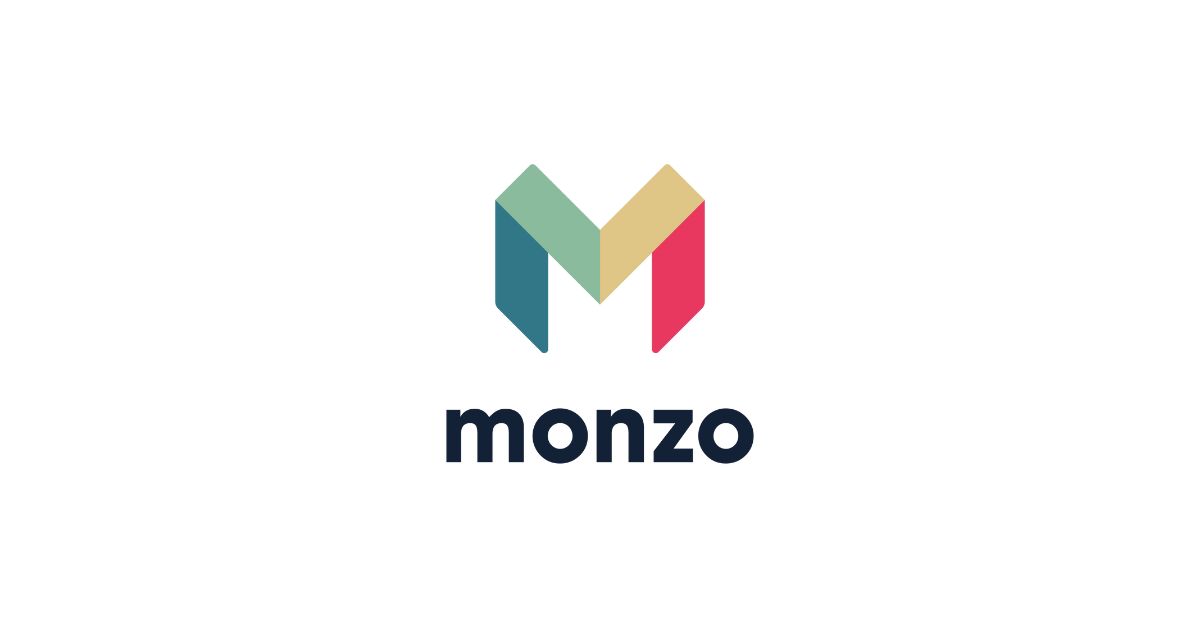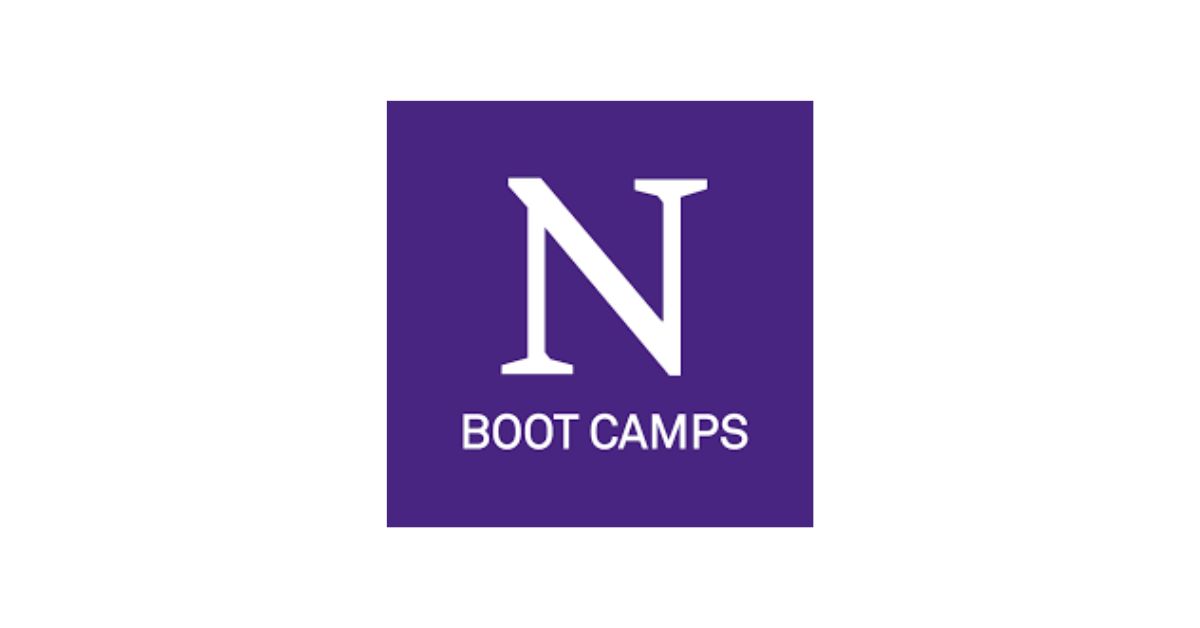Fintech Job Market Trends: Navigating Career Opportunities in Digital Finance
March 15, 2024, 5 min read
The digital finance landscape is broad and dynamic, encompassing various sub-sectors such as mobile payments, online banking, cryptocurrency, peer-to-peer lending, and more. According to reports from Deloitte and Statista, the global fintech market has seen remarkable growth, reaching over $4.7 trillion in 2021. This growth has been driven by increasing consumers embracing fintech solutions, leading traditional financial institutions to adapt and collaborate with fintech firms so people looking for a job can learn more about fintech job market trends.
The financial services industry has been undergoing a significant transformation over the past decade, with the advent of financial technology, or fintech, playing a pivotal role in this evolution. Fintech refers to the innovative use of technology to deliver financial services more efficiently, cost-effectively, and conveniently. As this sector expands, it profoundly impacts the job market, creating many opportunities for individuals with the right skills and expertise.
Exploring In-Demand Roles in Fintech and Skills Required
The swift growth of the financial technology industry has resulted in the creation of a wide variety of employment openings in the sector. Acquiring the appropriate skills and expertise is essential for people interested in pursuing a career in digital finance to survive in today’s competitive employment market. Let’s take a look at some of the most in-demand professions in the fintech industry and the abilities necessary for success in these areas.
Blockchain Developer: Bridging the Gap Between Finance and Technology
Blockchain technology is at the forefront of financial technology innovation because it provides transaction records that are safe, transparent, and immune to tampering. The role of blockchain developers in creating and maintaining decentralized financial platforms, such as cryptocurrencies and smart contracts, is critical. Aspiring blockchain engineers need to have a solid grasp of programming languages like Solidity and prior experience working with distributed ledger technology.
Data Scientist: Unlocking Insights from Financial Data
Data scientists collect, analyze, and interpret data to realize fintech’s potential. These experts examine massive datasets to improve decision-making processes, find trends, and gain meaningful insights. To succeed in the fintech industry, a data scientist must have excellent analytical abilities, a solid grasp of data analysis tools, and an understanding of machine learning methods.
Cyber security Specialist: Protecting Digital Assets in the Financial Sector
The growing prevalence of digitalization within the financial sector has elevated the importance of ensuring data privacy and security. Cybersecurity professionals are accountable for protecting sensitive financial data and shielding digital assets from potential cyberattacks. To succeed in this profession, you must thoroughly understand cybersecurity procedures, ethical hacking techniques, and risk assessment.
User Experience (UX) Designer: Enhancing the Customer Journey in Fintech Applications
In the competitive environment of the fintech industry, offering a frictionless user experience is essential to acquire a competitive advantage. UX designers concentrate on developing interfaces for fintech applications that are simple to understand and use. They must have an in-depth knowledge of user behavior and wireframing, prototyping, and usability testing.
Digital Payments Expert: Shaping the Future of Financial Transactions
Digital payment experts have been essential in shaping the future of fintech due to the revolutionary effect that digital payments have had on the way financial transactions are carried out. These experts know various mobile payment technologies, including QR codes, contactless payments, and e-wallet solutions.
The Importance of Continuous Learning and Adaptability in a Rapidly Evolving Industry
The financial technology industry is distinguished by the rapid pace of its invention and evolution. To succeed in an ever-changing environment, professionals must prioritize lifelong education and flexibility. Because of this, individuals frequently need to acquire new talents or improve their existing ones to continue to be helpful in their chosen fields.
Progression in a Fintech Career Continual education is necessary for progression in a fintech career. Participate in webinars, workshops, and seminars connected to the latest industry trends and technological developments.
Skills that are Adaptable for Digital Finance Careers
The fintech business places a high premium on technical expertise and transferable skills such as problem-solving, communication, and critical thinking, among others. These abilities equip professionals to solve complex tasks and effectively interact with teams that span multiple functional areas. Maintain current awareness of the latest developments in the sector and try to acquire knowledge in burgeoning subfields such as decentralized finance (DeFi), artificial intelligence (AI) in finance, and quantum computing in the financial services industry.
Navigating the Fintech Job Market: Tips for Success
The employment market for fintech is becoming increasingly competitive, and job seekers need to adopt effective techniques to differentiate themselves from the crowd to get hired.
Fintech Job Search Strategies: Find vacant positions in the fintech industry by searching for jobs on corporate websites, professional networking networks like LinkedIn, and specialized job boards. Attending Fintech conferences, workshops, and webinars will allow you to network with people in the sector and learn about potential career prospects.
Providing Evidence of Experience That Is Relevant: To indicate that you are qualified for employment in the fintech industry, highlight the abilities and experience applicable to your resume and cover letter.
The Future of Fintech Careers: Emerging Trends to Watch Out For
The fintech industry is constantly evolving, and several emerging themes are impacting its future.
Artificial Intelligence and Automation in the Financial Sector
It is anticipated that AI-powered chatbots, robo-advisors, and automated fraud detection systems will play an increasingly prominent role in enhancing client experiences and optimizing operations.
Decentralized Finance (DeFi)
The DeFi area is shaking up traditional financial intermediaries by providing decentralized lending, borrowing, and trading platforms. This is creating new opportunities for fintech industry professionals.
Regulatory Technology, often known as RegTech
The ever-increasing complexity of financial rules generates demand for RegTech solutions that can streamline compliance procedures.
Conclusion
The rapid expansion of the fintech business has made a wide variety of fascinating employment options available in digital finance. In the world of fintech, there is a place for everyone—whether you are a tech-savvy developer, a data enthusiast, a creative designer, or an experienced financial professional. You can navigate the ever-shifting environment of fintech and develop a successful and satisfying career in this fast-paced business if you hone the appropriate skills, remain adaptable, and embrace constant learning.
Sources
Deloit, Statista, Cointelegraph, PWC, Accenture, NNG, IDF.
















